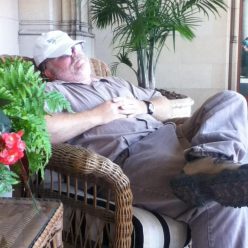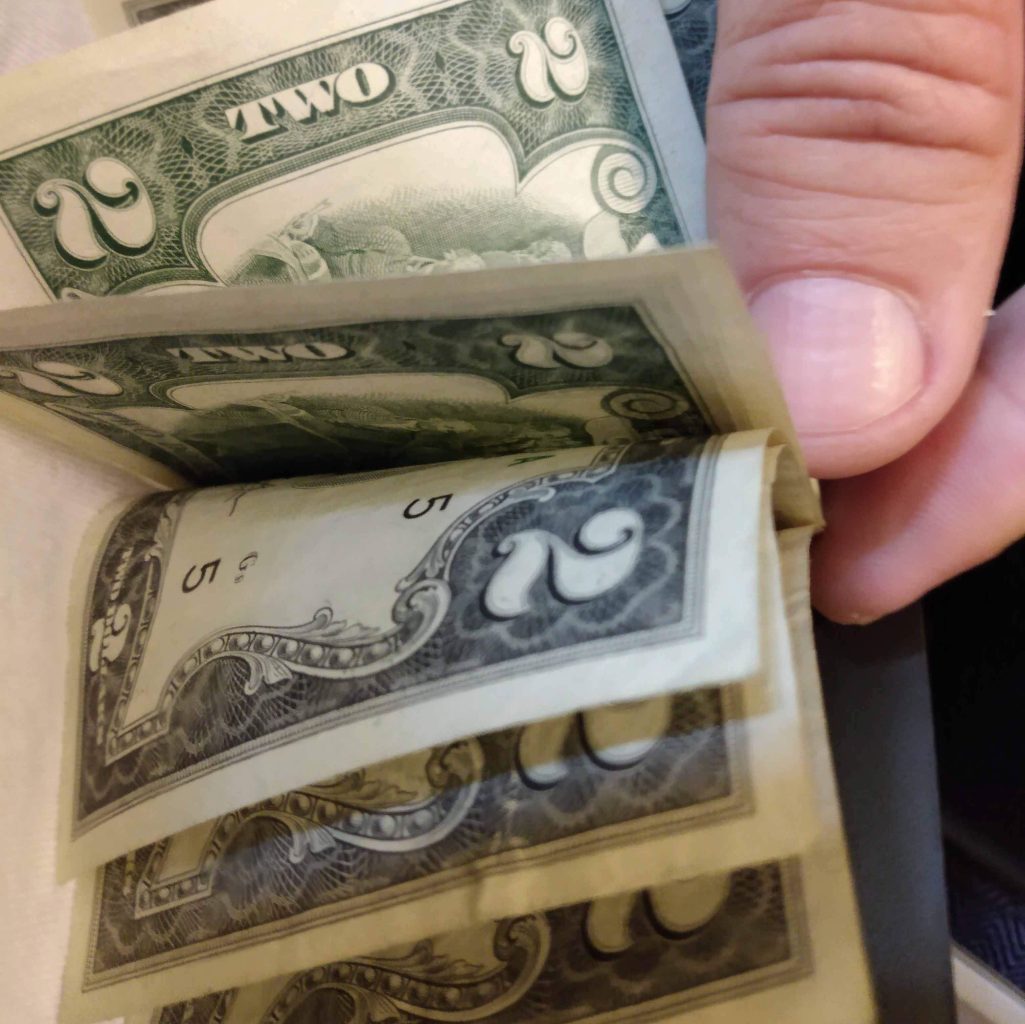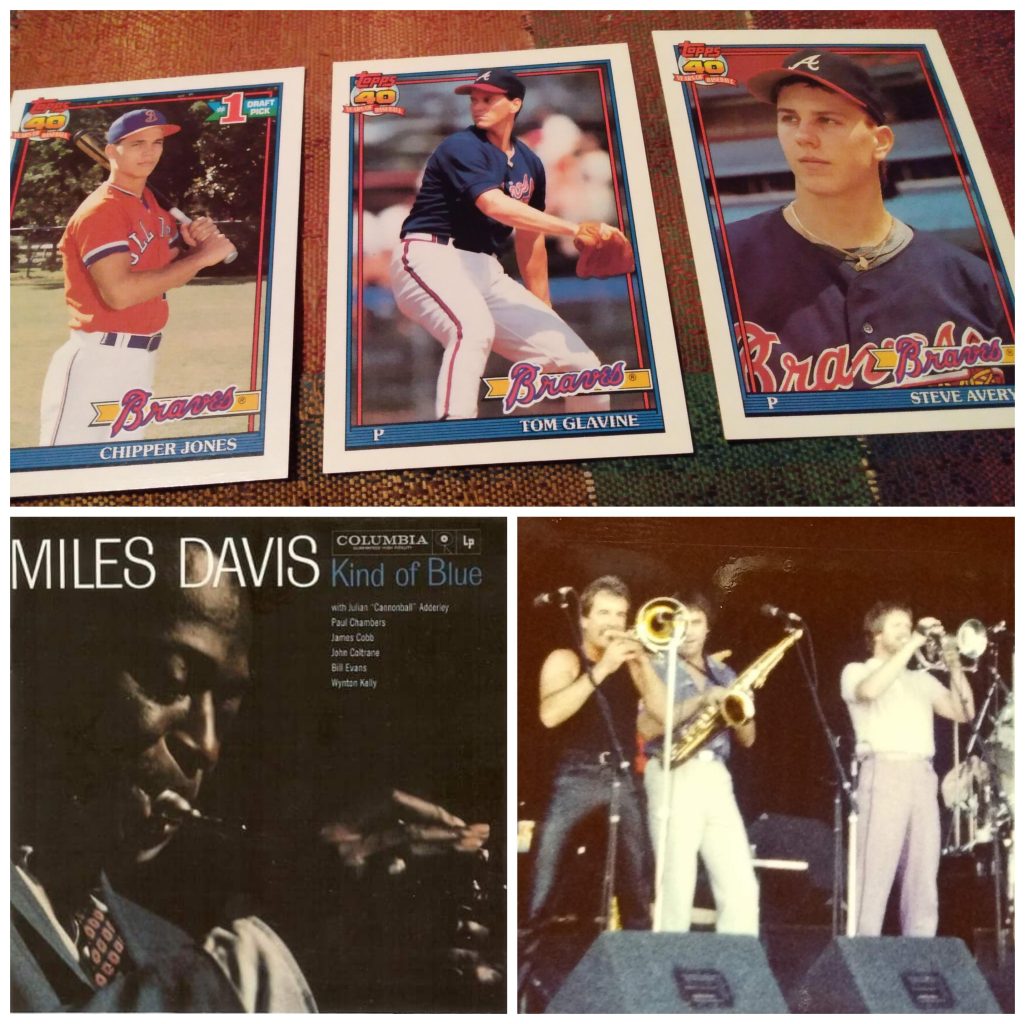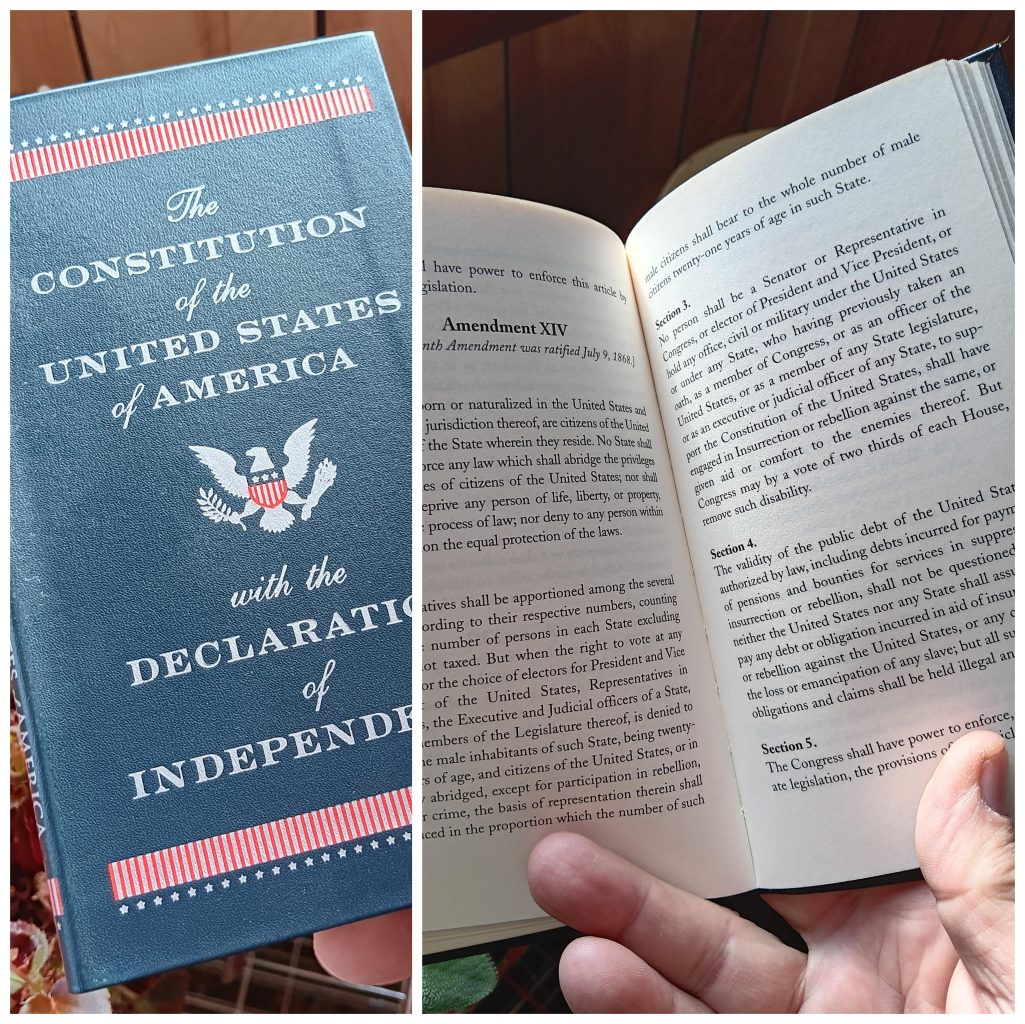
This is one psalm that warms the cockles of my heart because it lays out the beauty, the glory and the mystery of nature, with descriptions of sky and land and sea; of plants and trees and animals; and of humanity’s place in this wonderful world, as well as in a spectacular universe.
Also, one particular passage sounds like a couple of other famous writers: “The young lions roar after their prey, / And seek their food from God. / When the sun rises, they gather together / And lie down in their dens. / Man goes out to his work / And to his labor until the evening.” Familiar?
The first writer who comes to mind is Ernest Hemingway, both in The Sun Also Rises — that title from Ecclesiastes — and in The Old Man and the Sea, when the old fisherman dreams of lions. The former novel is for strong, young folk; the latter, for old failures like Santiago, Ernie and me.
The other writer is, of course, whoever wrote Ecclesiastes and/or the Book of Job. His identity — and the author was certainly male, given the culture(s) in which both works were produced — isn’t actually known, though Solomon usually gets credit for the former book. But I don’t think so.
Now, sure, if Solomon did actually schtup the Queen of Sheba, then he might have had access to the greatest library in the ancient world — at Alexandria — and he just might have been able to sit around writing smart books. But with 700 wives and 300 concubines? Nope, not a chance.









